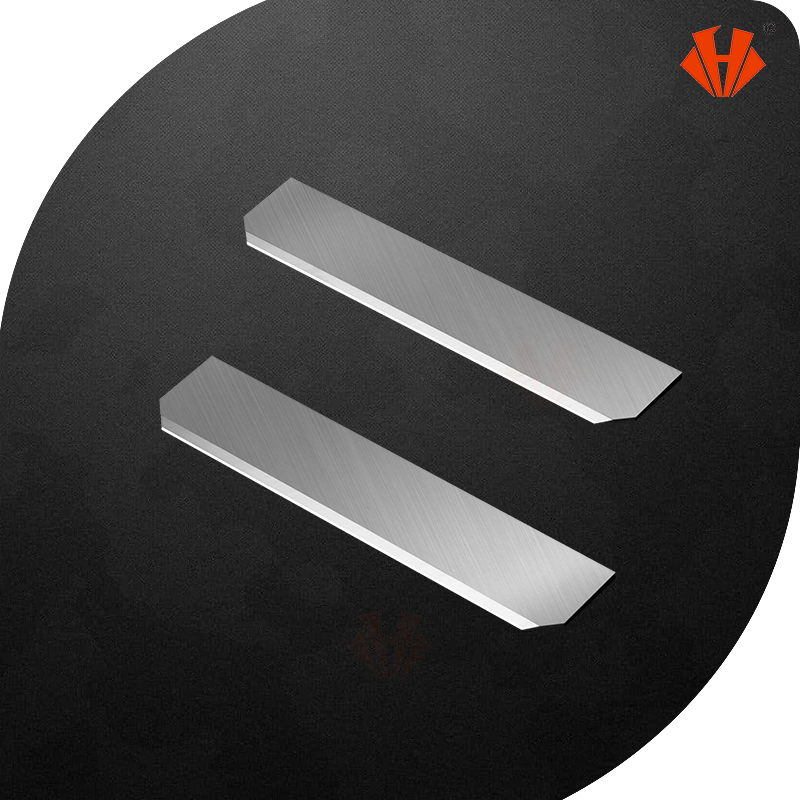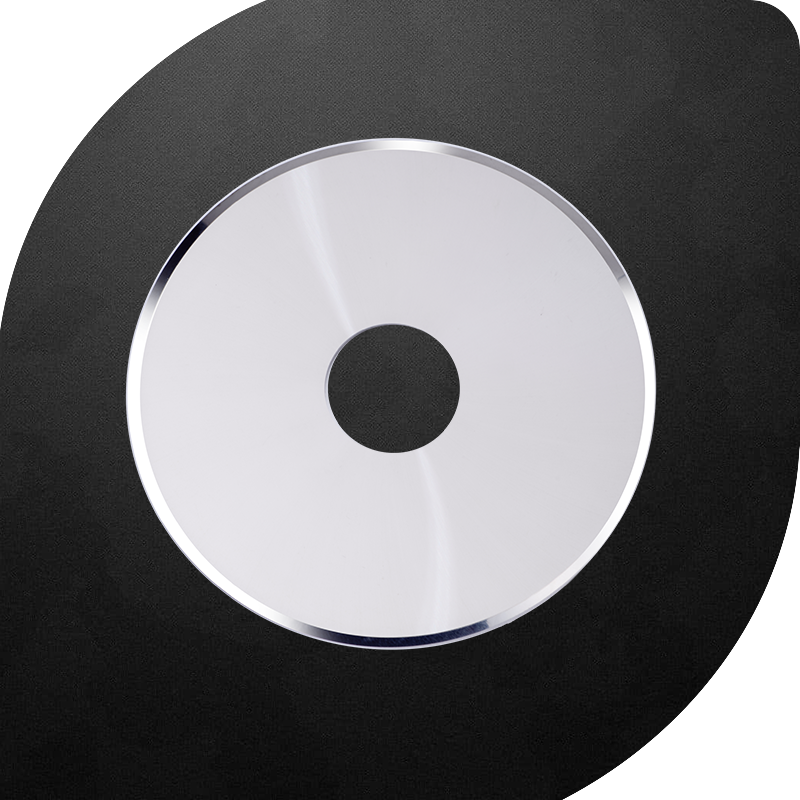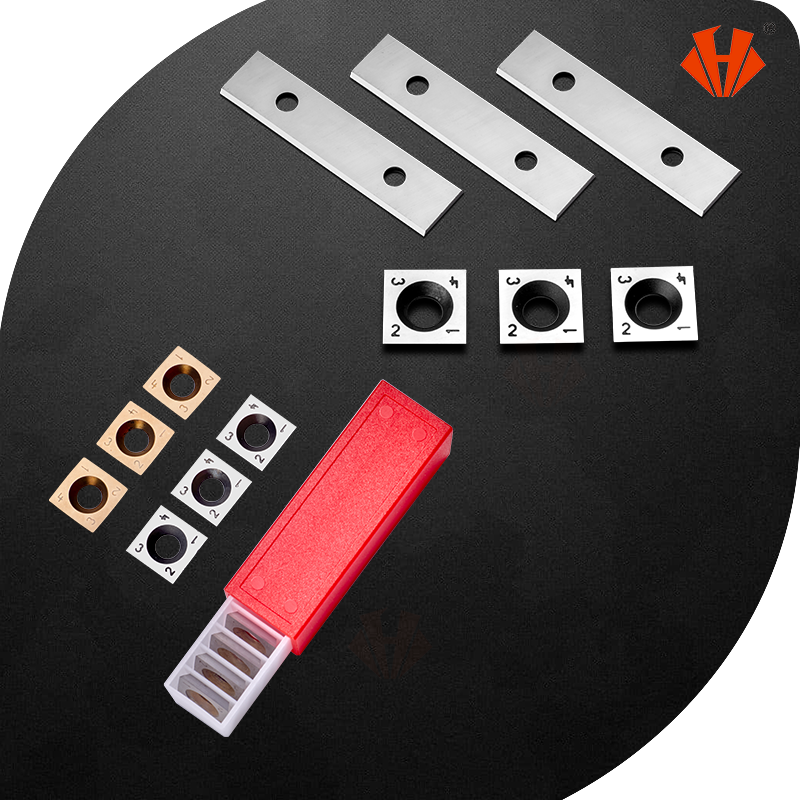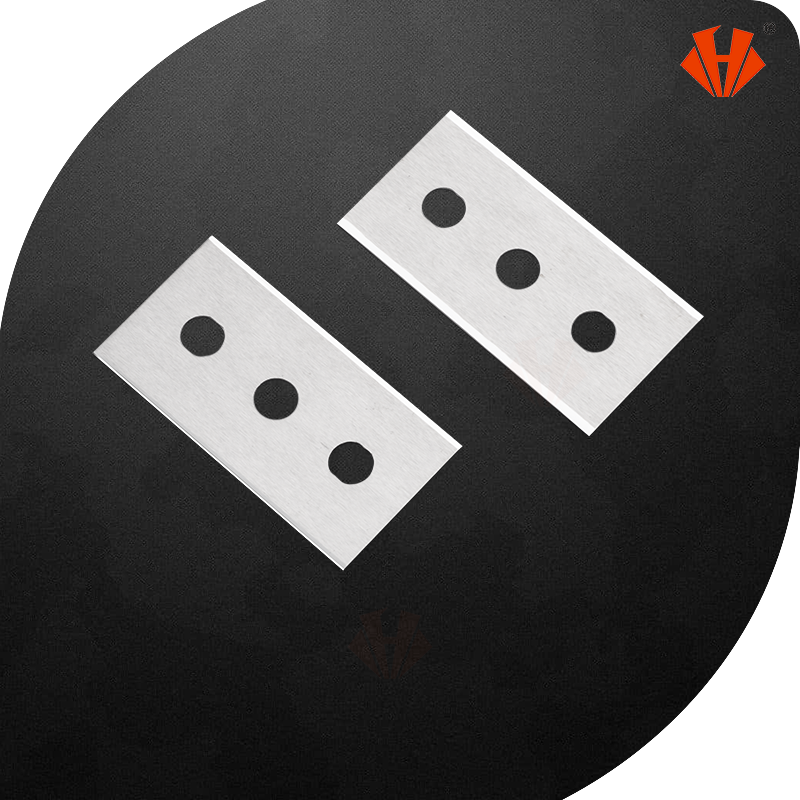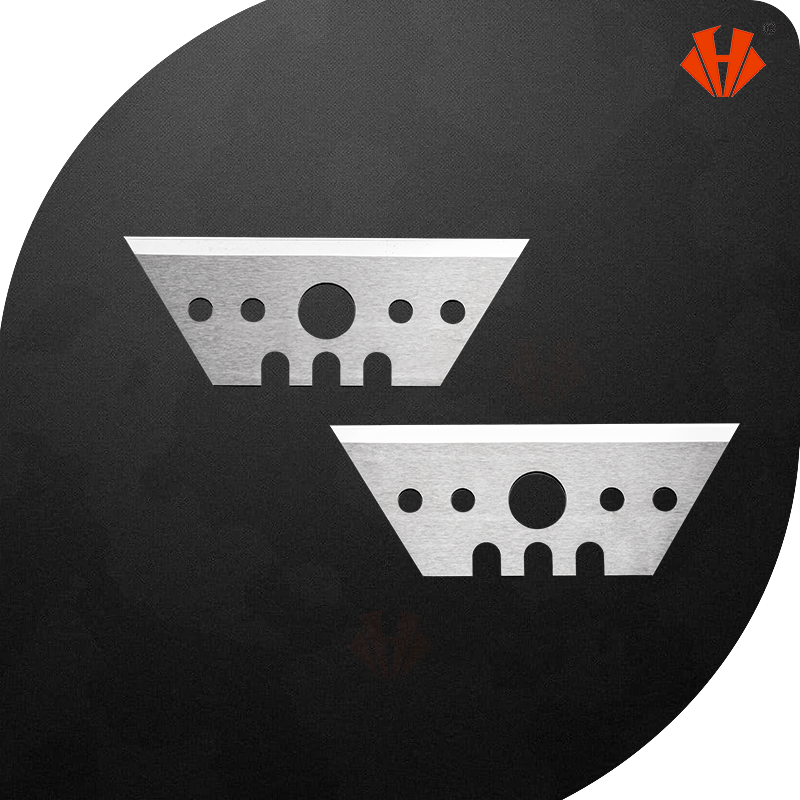In the manufacturing process of carbide cutting tools for chemical fiber cutting (used for cutting materials such as nylon, polyester, and carbon fiber), the process is complex, involving multiple critical steps including material selection, forming, sintering, and edge processing. Each step may present technical challenges. Below are the common core Challenges encountered during the manufacturing process and their solutions.
I. Challenges in Material Preparation Stage
1. Insufficient Homogeneity of WC-Co Powder
Problem might be:
Non-uniform mixing of cemented carbide (WC-Co) powder causes compositional segregation after sintering, compromising hardness-toughness balance.
Solutions for you:
Optimize powder homogeneity via high-energy ball milling or spray drying.
Add trace grain growth inhibitors (e.g., Cr₃C₂, VC) to control WC grain size (0.5–1 μm).

2. Uneven Distribution of Binder Phase (Co)
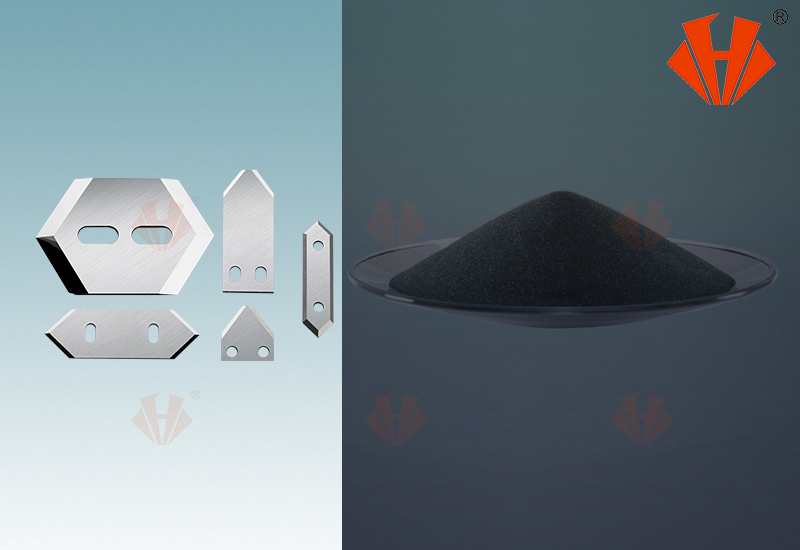
Problem might be:
Co-phase aggregation forms "cobalt pools," reducing impact resistance and causing edge chipping during fiber cutting.
What we can do:
Use nano-cobalt powder (<100 nm) with wet milling to enhance dispersion.
Adjust sintering temperature gradient (maintain 1400–1450°C during liquid-phase sintering).
II. Forming and Sintering Process Challenges
1. Defects in Press Forming
Problem might be:
Density inhomogeneity during cold isostatic pressing (CIP) or die pressing causes cracks/delamination in green bodies.
Solutions for you:
Optimize pressing pressure (200–300 MPa) and dwell time.
Adopt bidirectional pressing or metal injection molding (MIM) for complex geometries.
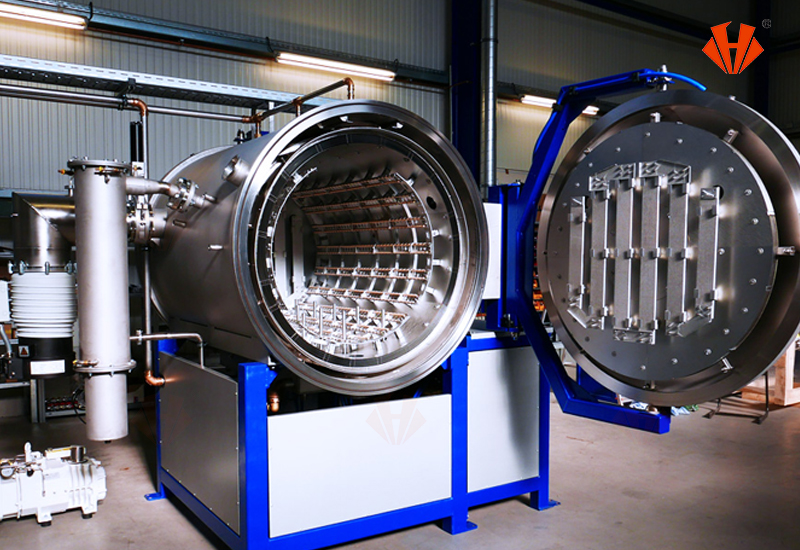
2. Sintering Deformation and Dimensional Instability

Problem might be:
Unstable sintering shrinkage (typically 15–20%) leads to excessive edge geometry deviations (e.g., edge radius >10 μm).
Control Methods:
Use graphite molds + Al₂O₃ spacers to minimize high-temperature deformation.
Implement spark plasma sintering (SPS) to reduce sintering time and porosity (<0.5%).
III. Edge Processing and Coating Challenges
1. Ultra-Precision Edge Grinding Difficulties
Problem might be:
Achieving sharp edges (edge radius <5 μm) is hindered by high hardness (HRA ≥90), causing low grinding efficiency and rapid wheel wear.
Process Optimization:
Employ diamond wheels (grit size W10–W20) with electrolytic in-process dressing (ELID).
Adopt laser-assisted grinding (LAG) to reduce grinding force and improve surface roughness (Ra ≤0.1 μm).
2. Insufficient Coating Adhesion
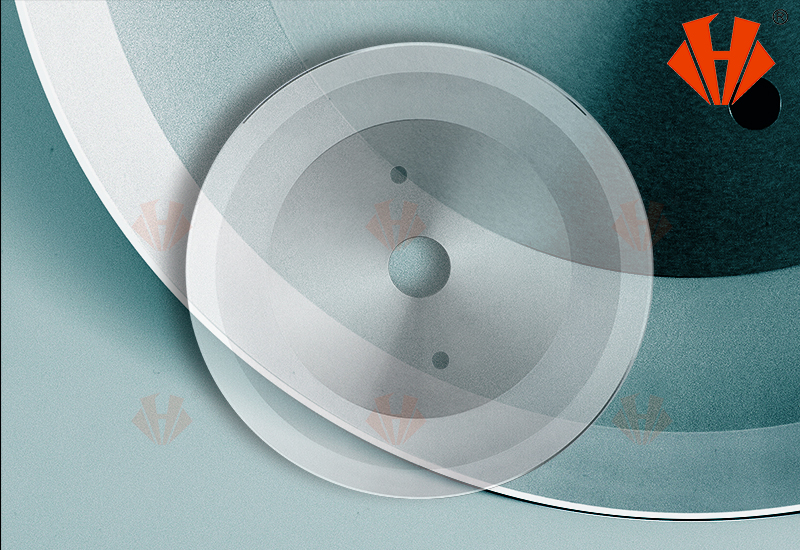
Problem might be:
TiAlN/DLC coatings peel off during high-speed cutting of synthetic fibers (especially resin-based carbon fibers).
Enhancement Strategies:
Pre-treatment: Ar⁺ ion bombardment cleaning + Cr interlayer (0.2–0.5 μm thick).
Switch to multilayer gradient coatings (e.g., TiCN/AlTiO₃), improving adhesion by >30%.
About Huaxin:Tungsten Carbide Cemented Slitting Knives Manufacturer
CHENGDU HUAXIN CEMENTED CARBIDE CO.,LTD are a professional supplier and manufacturer of tungsten carbide products, such as carbide insert knives for woodworking,carbide circular knives for tobacco&cigarette filter rods slitting,round knives for corugatted cardboard slitting ,three hole razor blades/slotted blades for packaging ,tape,thin film cutting,fiber cutter blades for textile industry etc.
With over 25 years development, our products have been exported to U. S. A, Russia, South America,India,Turkey,Pakistan,Australia,Southeast Asia etc. With excellent quality and competitive prices, Our hard working attitude and responsiveness are approved by our customers. And we would like to establish new business relationships with new customers.
Contact us today and you will enjoy benefits of good quality and services from our products!
The high performance tungsten carbide industrial blades products
Custom Service
Huaxin Cemented Carbide manufactures custom tungsten carbide blades, altered standard and standard blanks and preforms, starting from powder through finished ground blanks. Our comprehensive selection of grades and our manufacturing process consistently delivers high-performance, reliable near-net shaped tools that address specialized customer application challenges across diverse industries.
Tailored Solutions for Every Industry
custom-engineered blades
Leading manufacturer of industrial blades
Customer common questions and Huaxin answers
That depends on the quantity, generally 5-14days. As an industrial blades manufacturer, Huaxin Cement Carbide plans the production by orders and customers' requests.
Usually 3-6 weeks, if you request customized machine knives or industrial blades that are not in stock at the time of purchasing. Find Sollex Purchase & Delivery Conditions here.
if you request customized machine knives or industrial blades that are not in stock at the time of purchasing. Find Sollex Purchase & Delivery Conditions here.
Usually T/T, Western Union...deposits firstm, All first orders from new customers are prepaid. Further orders can be paid by invoice...contact us to know more
Yes, contact us, Industrial knives are available in a variety of forms, including top dished, bottom circular knives, serrated / toothed knives, circular perforating knives, straight knives, guillotine knives, pointed tip knives, rectangular razor blades, and trapezoidal blades.
To help you get the best blade, Huaxin Cement Carbide may give you several sample blades to test in production. For cutting and converting flexible materials like plastic film, foil, vinyl, paper, and others, we provide converting blades including slotted slitter blades and razor blades with three slots. Send us a query if you're interested in machine blades, and we'll provide you with an offer. Samples for custom-made knives are not available but you are most welcome to order the minimum order quantity.
There are many ways that will prolong the longevity and shelf life of your industrial knives and blades in stock. contact us to know about how proper packaging of machine knives, storage conditions, humidity and air temperature, and additional coatings will protect your knives and maintain their cutting performance.
Post time: Aug-15-2025


